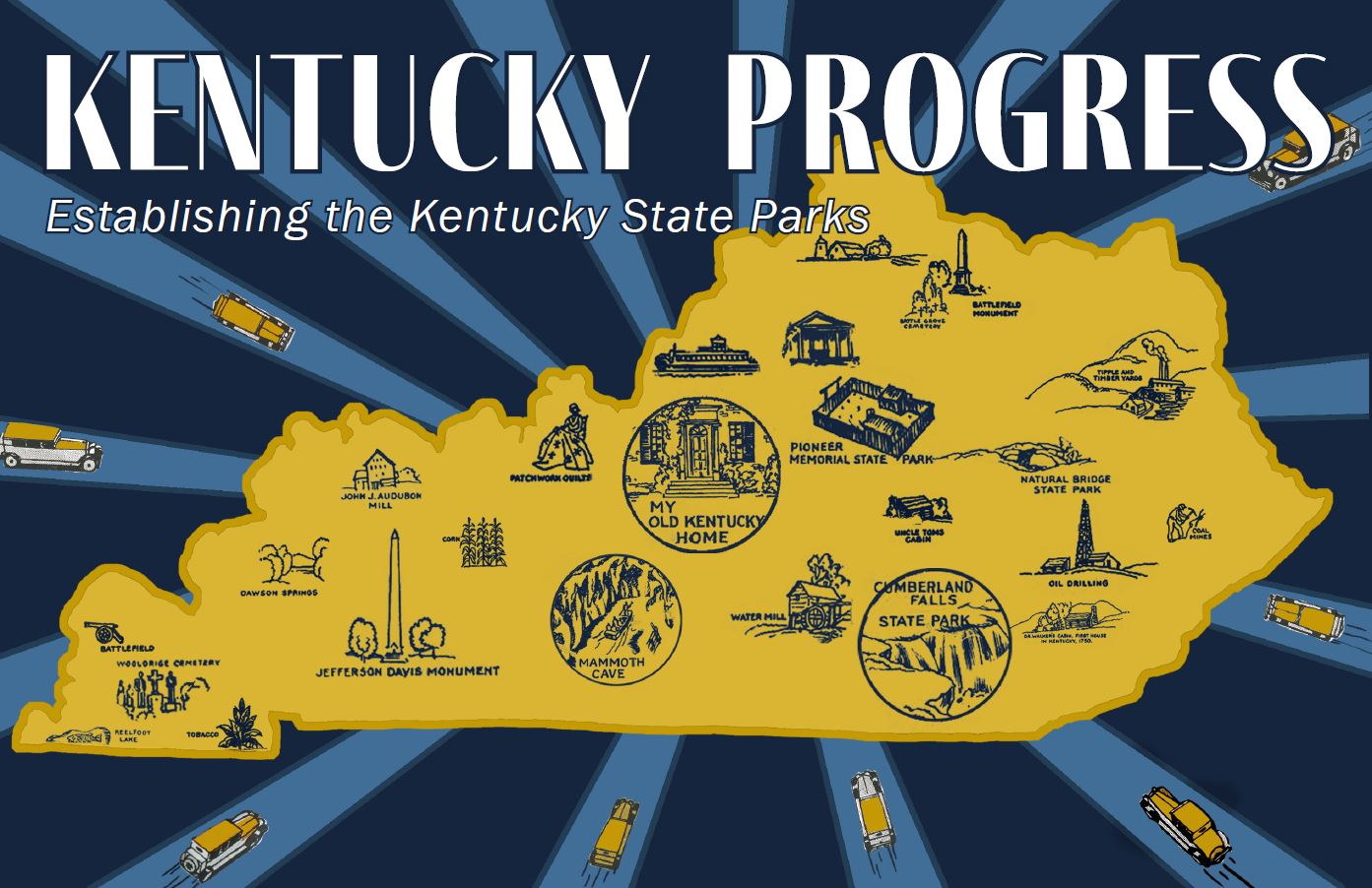Hidden in Plain Sight: Concealing Enslavement in American Visual Culture
Sponsored by the Louisville Coalition on the History of Enslavement (Farmington, Historic Locust Grove, Oxmoor Farm Foundation, and Riverside, the Farnsley Moremen Landing).
In the decades leading up to the Civil War, abolitionists crafted a variety of visual messages about the plight of enslaved people, portraying the violence, familial separation, and dehumanization that they faced. In response, proslavery southerners attempted to counter these messages either through idealization or outright erasure of enslaved life.
In Hidden in Plain Sight: Concealing Enslavement in American Visual Culture, Rachel Stephens addresses an enormous body of material by tracing themes of concealment and silence through paintings, photographs, and ephemera, connecting long overlooked artworks with both the abolitionist materials to which they were responding and archival research across a range of southern historical narratives.
Stephens begins her fascinating study with an examination of the ways that slavery was visually idealized and defended in antebellum art. She then explores the tyranny—especially that depicted in art—enacted by supporters of enslavement, introduces a range of ways that artwork depicting slavery was tangibly concealed, considers photographs of enslaved female caretakers with the white children they reared, and investigates a printmaker’s confidential work in support of the Confederacy. Finally, she delves into an especially pernicious group of proslavery artists in Richmond, Virginia.
Reading visual culture as a key element of the antebellum battle over slavery, Hidden in Plain Sight complicates the existing narratives of American art and history.
Rachel Stephens is associate professor of art history at the University of Alabama. She is the author of Selling Andrew Jackson: Ralph E. W. Earl and the Politics of Portraiture. In preparing this project, Stephens served as a Tyson Scholar at Crystal Bridges Museum of American Art in the fall of 2018; a fellow at Yale’s Gilder Lehrman Center for the Study of Slavery, Resistance, and Abolition in the spring of 2019; and an Ailsa Mellon Bruce Visiting Senior Fellow at the Center for Advanced Study in the Visual Arts in the fall of 2020.


